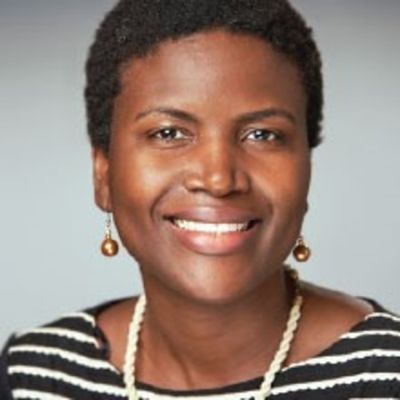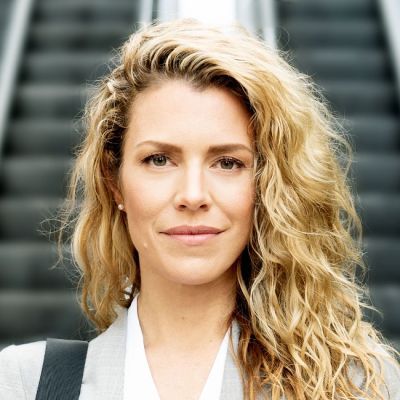
Anytime we are jolted out of our normal routines and way of life, our brains try to course correct as soon as possible. We can re-establish old habits, get sidetracked by new ones (e.g., getting addicted to checking the news), or chart a new course for ourselves. This depends on how well we know our minds.
As a health-care provider myself, I find it really helpful to have a basic understanding of how our minds work. If I can see how I’m getting caught up in reactivity or going on autopilot and just habitually acting out an old habit loop, I can more effectively step back and not reinforce these behaviors on a personal level, be they stress eating or worry. It also helps me empathize with my patients so we can develop a connection that helps us work together as a team to improve their mental health.
As a neuroscientist, I’ve been spending decades studying how the mind works and trying to develop targeted treatments to help. So let’s start with a little science. The most primitive parts of our brain are set up to help us survive. Let’s call this our “old brain,” and it helps us find food and avoid danger. On top of this, we’ve evolved a neocortex, which literally means “new brain,” which helps us think and plan for the future.
Our neocortex helps us survive in a different way. It helps us think and plan for the future. Yet, in order to work properly, the prefrontal cortex needs accurate information. Right now, our world has been turned upside down; we don’t have much information. But that doesn’t stop our thinking brain from trying to plan anyway. In the face of fear, our new brains start spinning out in “what if” scenarios. What if this happens, what if that happens?
Take home: Fear + uncertainty = anxiety. When we get anxious, our thinking brain starts to go offline, making it even harder to think and plan (for more, read my New York Times article on this).
Mindfulness helps us learn to be with our thoughts, emotions, and sensations instead of doing something to make them go away or somehow fix them.
How can we use this information to better know how our minds work so we can work with them? Let’s focus on uncertainty and then turn toward taking care of ourselves and others.
Plainly put, uncertainty doesn’t feel good. Our brains hate uncertainty. When there is something uncertain, we try to make it certain as fast as we can. Why? Our brains need accurate information to plan and urge us to action to fill in the gaps. Perhaps we constantly check the news, go on social media, or talk to friends. That urge gets really itchy. That itch is our brain saying, “Hey, I’m going to make your life unpleasant until you get me what I need: more information.”
When we don’t have access to accurate information or things are changing very rapidly, the unpleasantness of that itch often gets us to scratch. This can come in the form of doing something. If we can’t “do” anything because we are sheltering in place, our brain takes over and starts worrying as a form of mental doing.
Mindfulness helps us learn to be with our thoughts, emotions, and sensations instead of doing something to make them go away or somehow fix them: seeing those thoughts that trigger us as simply thoughts running through our minds; noticing and being with emotions and feelings like impatience and worry; feeling and being with that urge to act, so that we can feel those sensations as sensations, rather than a moral imperative to do something, and learning that the result of not scratching is better than scratching.
My lab just finished two studies in which we looked to see if app-based mindfulness training called Unwinding Anxiety could help people decrease worry habit loops and anxiety. In a randomized controlled trial of people with Generalized Anxiety Disorder, the Olympians of worry, we found a 63 percent reduction in anxiety with our mindfulness app. Our second study was with anxious physicians. In this study, we found a 57 percent reduction in anxiety symptoms when they used our app-based mindfulness training. We also found a 50 percent reduction in certain burnout measures. This is really important today, because even “BCV,” before coronavirus, we’ve seen an epidemic of physician burnout in the US. Now things are getting even worse, so we need effective treatments that can be disseminated widely at low cost.
We can’t help others if we’re exhausted, sick, or burnt out ourselves. So it is imperative that we see self-care as care for others, because it is. Taking time to sleep, exercise, and eat healthy food is critical. Taking a few minutes a day to practice meditation, prayer, yoga, or whatever builds our mental and spiritual fitness is equally important.
So today, leverage your awareness and pay attention to make mindfulness your new habit.
Onward, together.









